T1D Guide
T1D Strong News
Personal Stories
Resources
T1D Misdiagnosis
T1D Early Detection
Research/Clinical Trials
T1D on the Job – What Are You Obligated to Tell?
Whether you are applying for a job or already have one, what steps should you take to inform employers and potential employers about your medical “challenge” or work disability?

There are many people with health issues and ailments these days. This includes many people who work. Whether you are applying for a job or already have one, what steps should you take to inform employers and potential employers about your medical “challenge” or work disability? A work disability is a physical or mental impairment that limits daily life activities without the aid of medication or wheelchairs.
Do You Tell You’re Diabetic on the First Interview?
As a type 1 diabetic, I have never, on the first interview, said anything about being a type 1 diabetic. At this point, I am not even sure if I will be hired, so I felt no reason to disclose my “personal” information. Nor, during any of the interview processes I have been through, have I ever recalled being asked about having an illness or disability. I never felt the need to because most of my time as an Advertising Manager was in the office. Plus, there was generally always a source of glucose close by or one that was very nearby.
I question whether everyone tells their medical problems when they have an interview. I once had a boss who had a heart problem, then had a heart attack and dropped to the ground before my desk. There again, he never shared anything about having a heart problem. You can never predict if things will happen.
When people don't understand type 1 diabetes (T1D) they sometimes make assumptions or resort to stereotypes they’ve heard in the past.
This can be tiresome, frustrating, and, when at work, illegal at times. But it still happens.
If you are in a position where you could hurt someone else if your blood sugar drops, such as driving a car, you might say something. But, for the most part it should be fine to keep this information to yourself.
Hypoglycemia on the Job
I understood that it could be confusing for others if I had a hypoglycemic event, so I selected a few trusted individuals to share my condition with. It’s not something I needed to hide (there is nothing wrong with being type 1); as said, I tend to be a private person.
Plus, when the blood sugar drops, hypoglycemic symptoms are often confusing for others. With no glucose flowing through the system, including the brain, when lows come, you don’t think or behave clearly. The brain often feels as though it’s at 50% capacity and you are often shaky, scared, confused, nervous and trying to fix the conundrum without being 100% capable. So, it is always nice to have someone who is willing to help.
With type 1 and type 2 diabetes, there are many misunderstandings about both. I generally don’t say anything about my condition, since people’s confusion often lead to assumptions and a lot of explanations.
Once You’re Hired
I manage to find someone (or a few) I work with and feel I can trust to keep it confidential - like HR, the company president and a few others I worked with closely. This way, if I have a diabetic emergency, I can get the assistance needed. When I traveled with people, I would explain that I was diabetic and what resources I would need to help me just in case. I always carried glucose with me in case of emergency, and let them know where it is located, and signs to look for.
I also made sure to have a juice or sugared soda close by in meetings. No one minded, and others had their beverage choices as well. When I felt that my blood sugar could be dropping, I opened my drink. The meetings generally weren’t that long, and if I ended up going a bit high, I could always fix that, too.
The best part of “avoid-a-low treatments” was often found in the candy jars around the office!

In addition, I sometimes had to be concerned and aware of high blood sugar. Stress is a great motivator to push your blood sugar higher, and occasionally, this would happen as well. The one thing is that when I go high, I need to be careful not to over correct, and practice patience while waiting for the number to go down.
I have generally worn a pump, so I kept additional supplies in my desk drawer, along with a pump charging cable. As far as the insulin, there was a small fridge nearby where I was welcome to use. In case I did have a problem with my pump, I always kept a syringe in my car and desk drawer. It never hurts to be prepared just in case. Likewise, my drawers were always full of snacks or juice in case any were needed. Luckily, there was also a kitchen and cook until 1:30 p.m.
I feel very fortunate to have had employers who appreciated me, the work I did, and who never viewed T1D as a disability. Plus, they were always willing to help which is an extra benefit.


.webp)





.webp)


.jpg)
.jpeg)
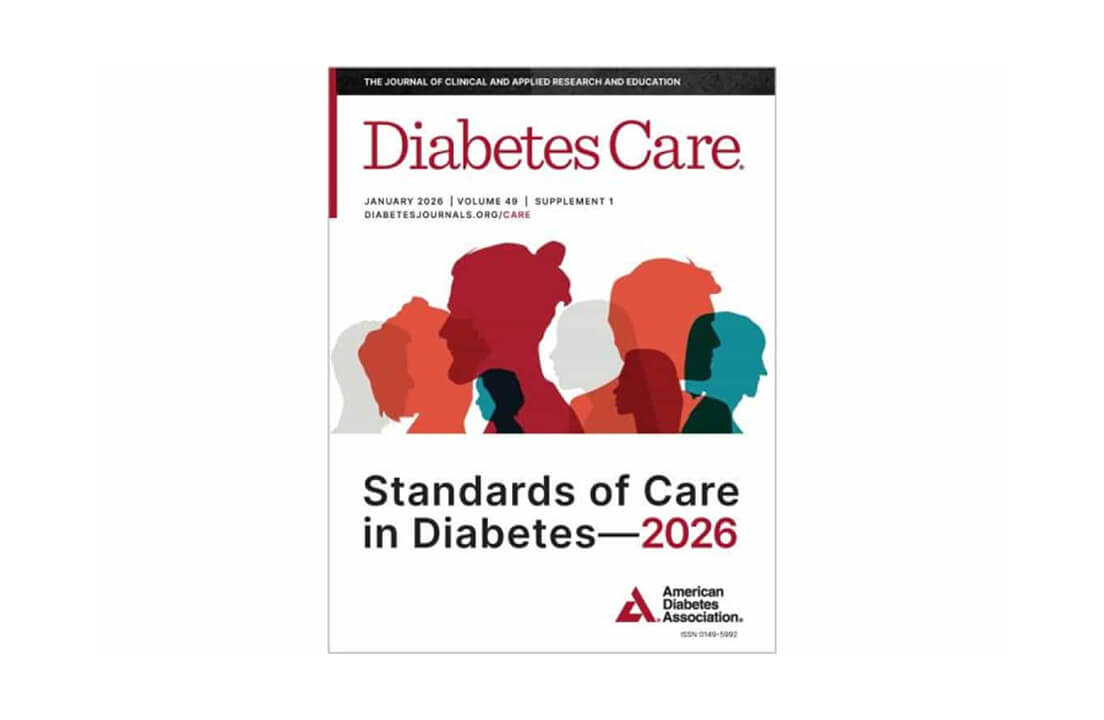
.webp)
.jpg)
.jpg)



.jpg)



.jpg)




.jpg)

.jpg)
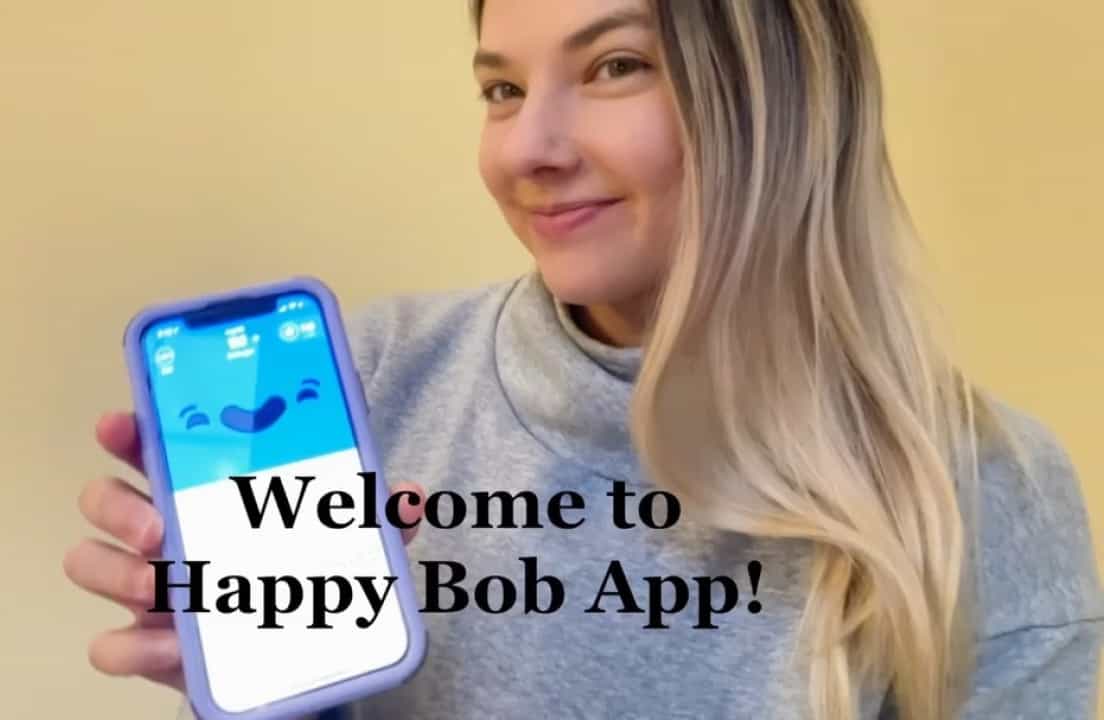
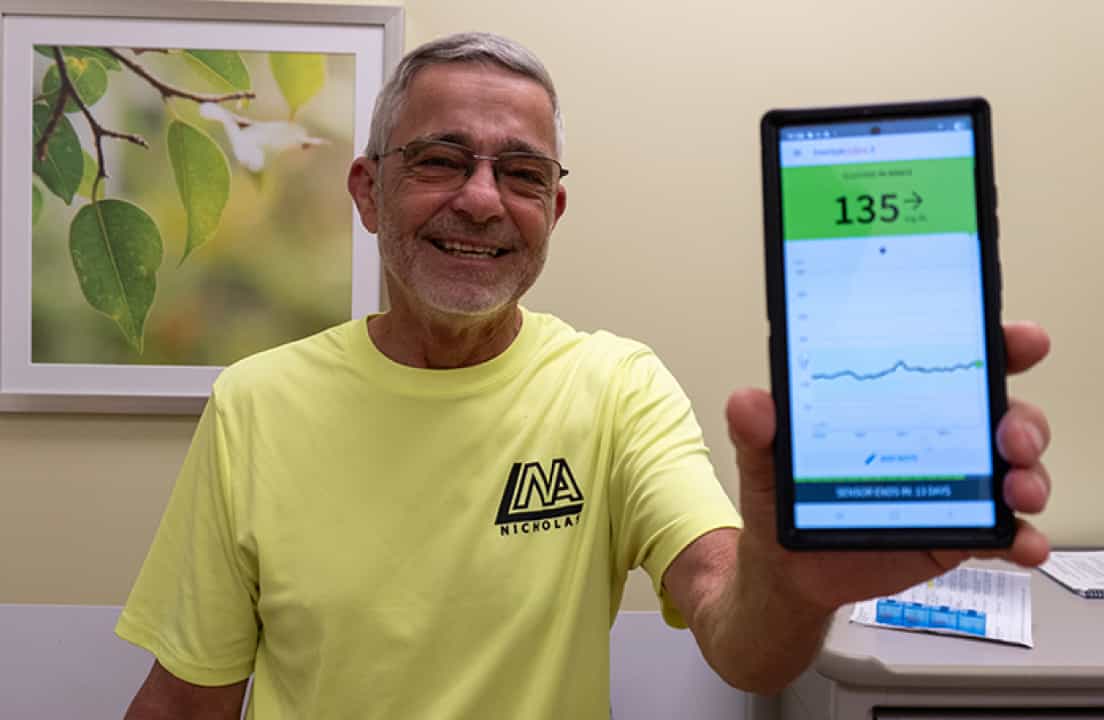

.jpg)
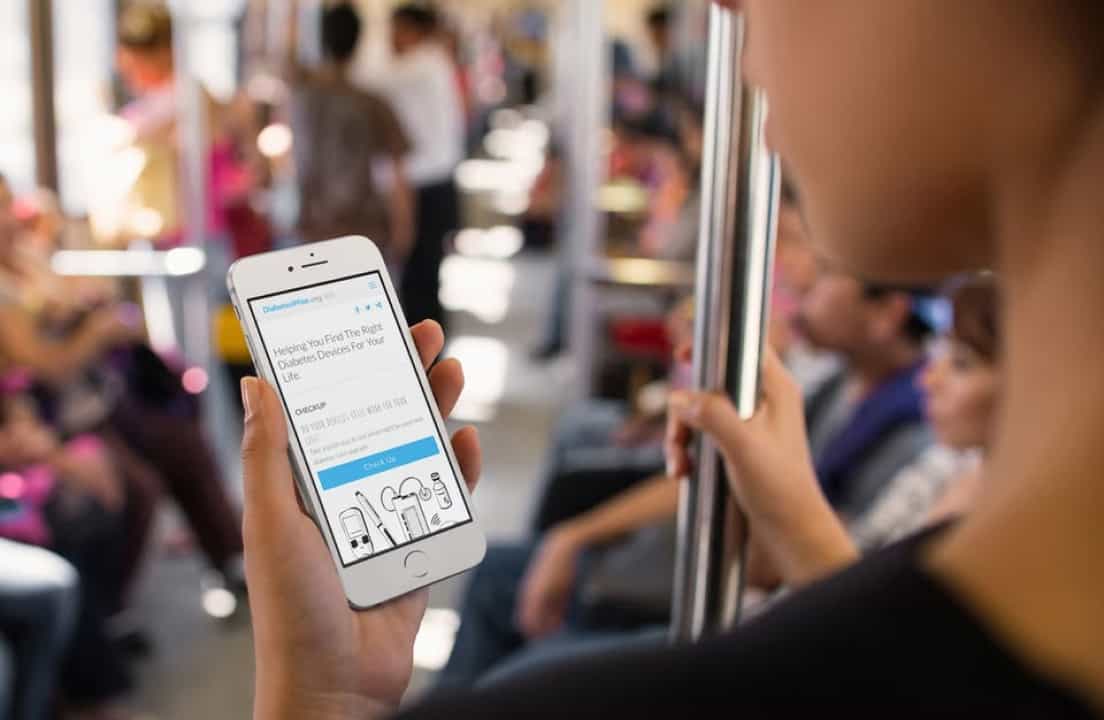
.jpg)




.jpg)
.jpg)
.jpg)
.jpg)
.jpg)
.jpg)
.jpg)

.jpg)
.jpg)
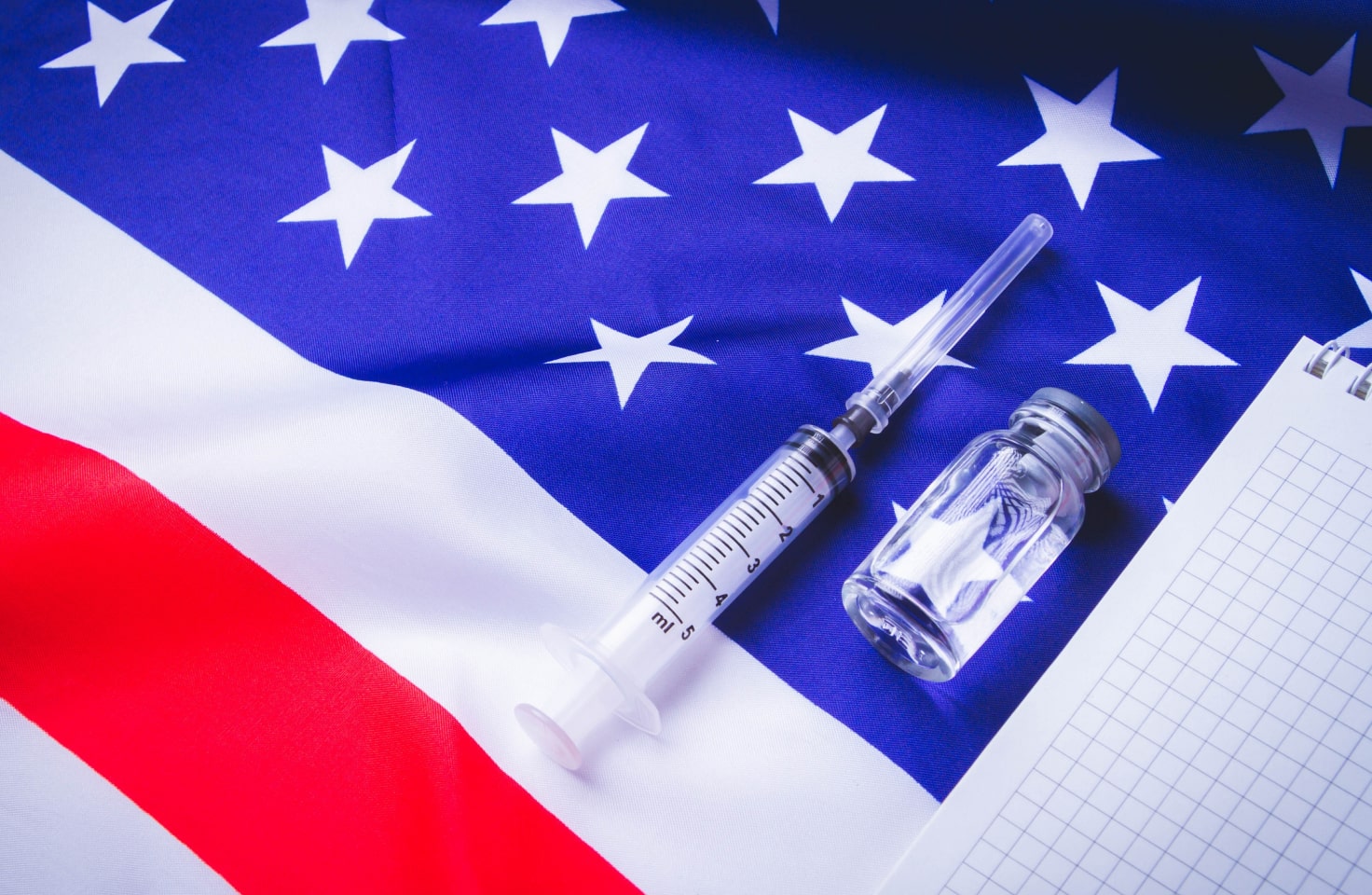
.jpg)



.jpg)
.jpg)
.jpg)

.jpg)

.jpg)














.jpg)


.jpg)







.webp)











.webp)



















.webp)